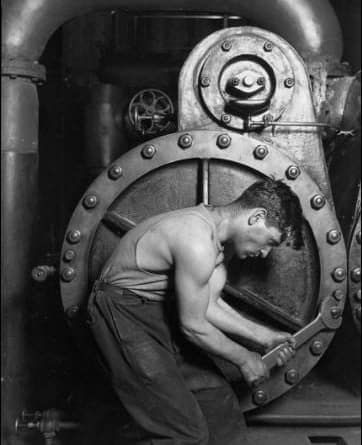Why you should never give up!
Updated on / dernière mise à jour : 12/09/2023
The 1972 Munich Olympics were one of the most controversial Olympic Games in history. They were meant to be a symbol of peace and reconciliation, but they were marred by tragedy when 11 members of the Israeli Olympic team were taken hostage and eventually killed by Palestinian terrorists. This event, known as the Munich Massacre, cast a shadow over the entire Olympics and had a significant impact on the athletes who competed.
One of those athletes was Dave Wottle, an American middle-distance runner who competed in the 800m race. Wottle had already made a name for himself in the United States but he was relatively unknown on the international stage. However, he quickly became one of the most memorable athletes of the Games, not only for his performance on the track but also for his unique style of running and his iconic hat.
In the final of the 800m race, Wottle was facing a strong field of runners, including the favorite, Yevgeniy Arzhanov of the Soviet Union. The race started out slowly, with the runners bunched together for the first 600m. As they entered the final stretch, Arzhanov made a move and took the lead, with Wottle several meters behind.
But Wottle refused to give up. He launched a powerful sprint, closing the gap on Arzhanov and passing him in the final few meters of the race. Wottle crossed the finish line in first place, winning the gold medal in a time of 1:45.86.
But it wasn't just Wottle's performance that made him a memorable figure at the 1972 Olympics. He was also known for his distinctive running style, which involved a slightly hunched posture and a seemingly effortless stride. And, of course, there was the hat – a white golf cap that Wottle wore during the race, even though it was raining.
Wottle's victory was a moment of triumph in an Olympics that was otherwise filled with tragedy and controversy. His unique style and his iconic hat made him a beloved figure among fans, and his win helped to lift the spirits of the American team and the entire Olympic community.
"There are five important things for living a successful and fulfilling life:
never stop dreaming, never stop believing, never give up,
never stop trying, and never stop learning." ―
Winston Churchill was one of the most important figures during World War II, serving as the Prime Minister of the United Kingdom from 1940 to 1945. Churchill's leadership and vision were crucial in the Allied victory over Nazi Germany, and his contributions to the war effort cannot be overstated.
Churchill was an inspirational and unifying leader. In the early days of the war, when Britain was under threat of invasion, Churchill gave speeches that rallied the nation and boosted morale. His speeches, including the famous "We shall fight on the beaches" speech, gave hope to the British people and inspired them to keep fighting.
As a shrewd military strategist, he made important decisions, such as focusing on the defense of the UK and launching a counter-offensive in North Africa. Churchill also played a key role in the planning of the D-Day invasion, which was a turning point in the war.
As a skilled diplomat, he worked tirelessly to build and maintain relationships with the other Allied leaders, including Franklin D. Roosevelt and Joseph Stalin. His diplomacy helped to keep the Allies together and focused on defeating the Axis powers.
Churchill was instrumental in developing new technologies and weapons to aid in the war effort. He championed the development of radar, which helped to detect enemy planes and submarines, and he also pushed for the development of the "Bouncing Bomb," which was used to destroy German dams.
His steadfastness and determination were crucial in the Allied victory. Even when the war was at its bleakest, he refused to give up and his belief in the ultimate victory helped to keep the Allies focused and motivated.
"This is the lesson: never give in, never give in, never, never, never, never
— in nothing, great or small, large or petty —
never give in except to convictions of honor and good sense.
Never yield to force; never yield to the apparently overwhelming
might of the enemy." ―






